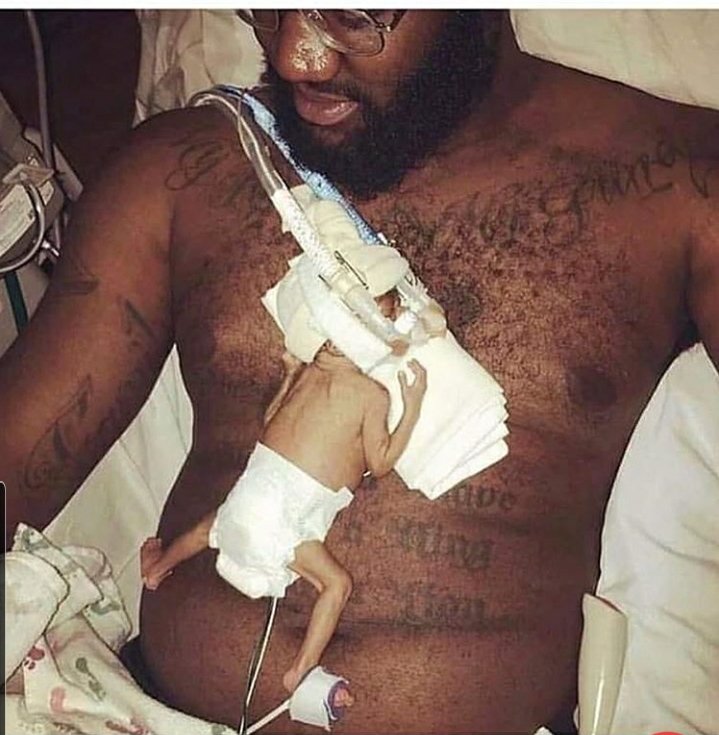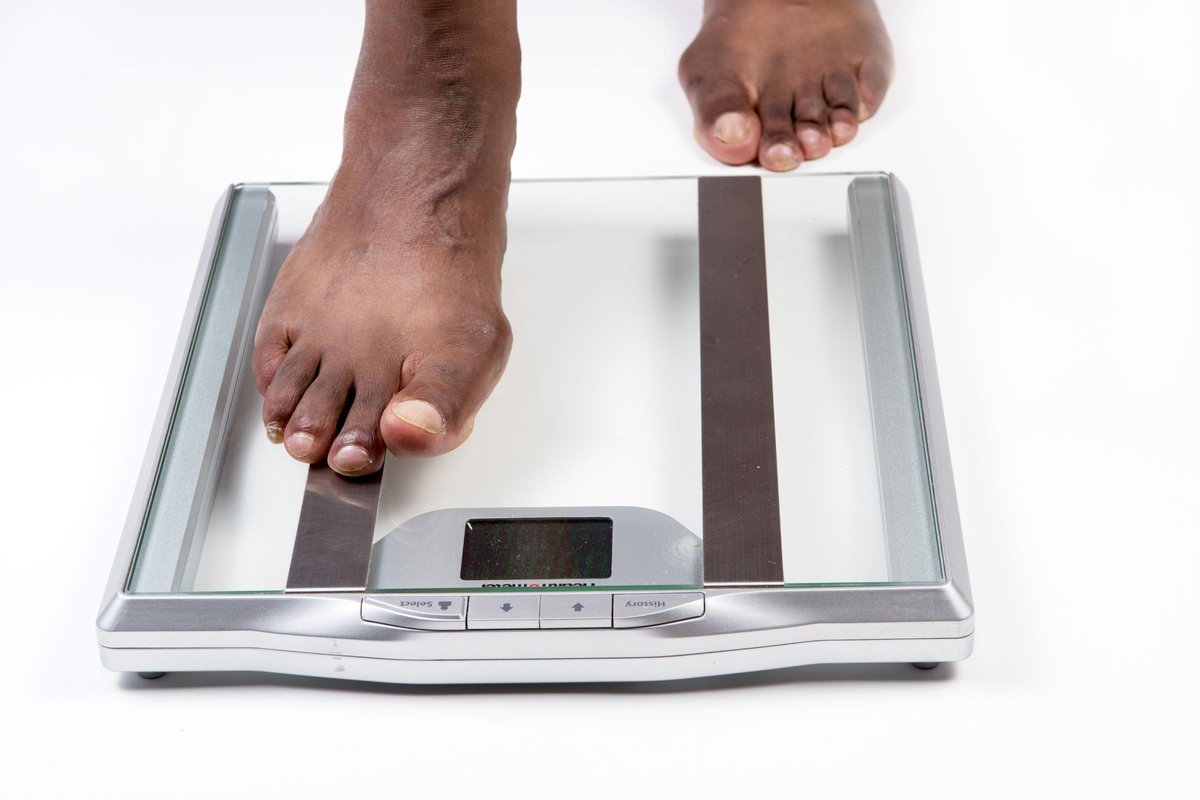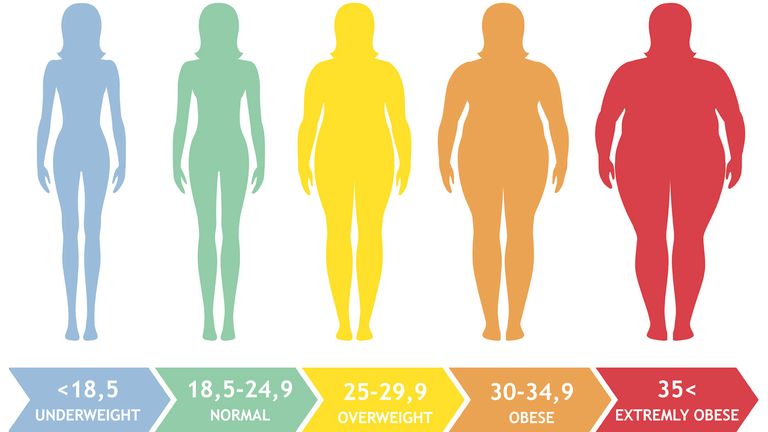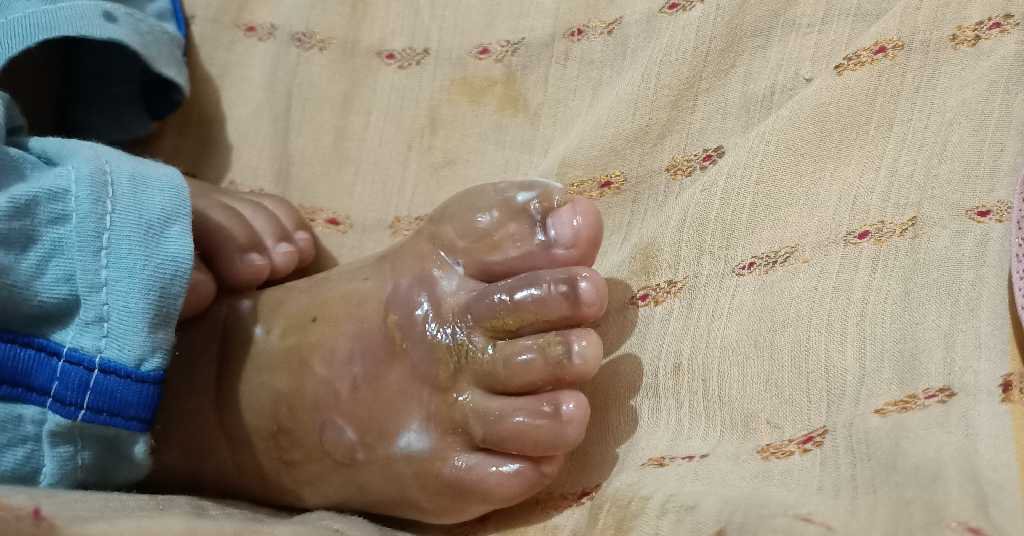
Wash your socks often🧦
Wash your socks often🧦
As you wear socks, they accumulate sweat, dirt, and germs. Wearing them dirty can cause a fungal infection called Athlete's Foot and infected under toes.
Wash or change your socks at least every 2 days.
RT for public awareness!
Wash your socks often🧦
As you wear socks, they accumulate sweat, dirt, and germs. Wearing them dirty can cause a fungal infection called Athlete's Foot and infected under toes.
Wash or change your socks at least every 2 days.
RT for public awareness!

The germ that causes Athlete’s Foot (Tinea pedis) likes a warm, dark, and moist environments.
That's why it affects mainly the areas between the toes and the bottoms of the feet causing a whitish, scaly rash with a red base, burning, peeling, and occasional odour.
That's why it affects mainly the areas between the toes and the bottoms of the feet causing a whitish, scaly rash with a red base, burning, peeling, and occasional odour.

If left untreated, your fungal infection (Athlete's foot) may spread to other parts of the body.
It can also be transmitted to other people through shared floors, gym mats, towels, and other shared surfaces.
It can also be transmitted to other people through shared floors, gym mats, towels, and other shared surfaces.
To protect yourself from Athlete's foot
• Change or wash your socks often
• Always keep your feet and toes clean and dry
• Change your shoes regularly
• Avoid walking barefoot in public locker rooms and showers
• Change or wash your socks often
• Always keep your feet and toes clean and dry
• Change your shoes regularly
• Avoid walking barefoot in public locker rooms and showers
If you're already having Athlete's foot, apply over-the-counter antifungal creams or sprays.
Apply antifungal sprays and powders inside your shoes to destroy any lingering fungus.
If these don't work, see your doctor for prescription medications.
Apply antifungal sprays and powders inside your shoes to destroy any lingering fungus.
If these don't work, see your doctor for prescription medications.
I remain your First Doctor. Hit my follow button @firstdoctorr to learn more about your health and live a healthier life.
Join my chat group on Telegram for exclusive health content:
T.me/firstdoctorr
T.me/firstdoctorr
Now you can see why some school children tend to have athlete's foot. As parents and guardians, we should protect their feet using the simple guidelines above.
• • •
Missing some Tweet in this thread? You can try to
force a refresh












